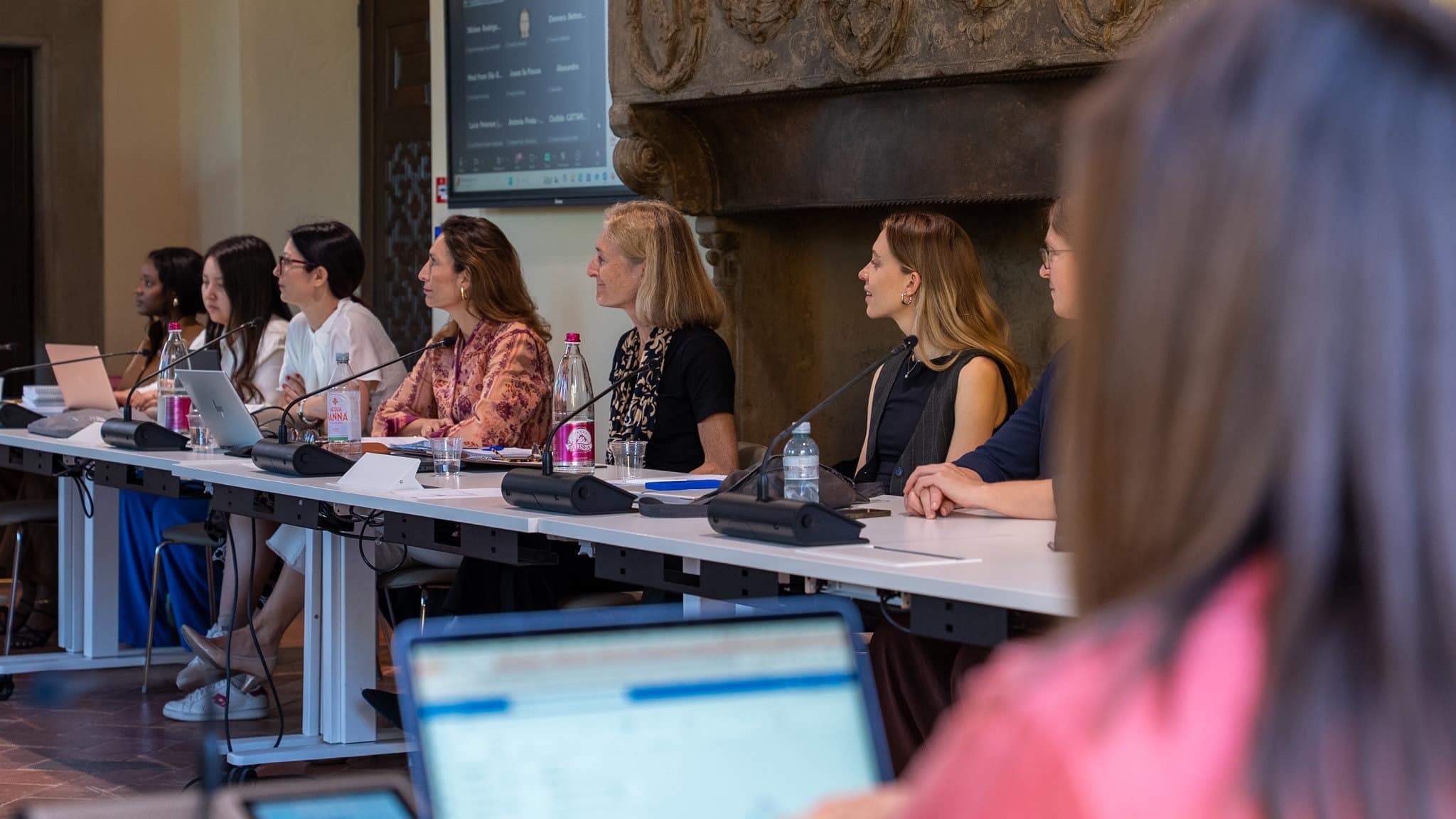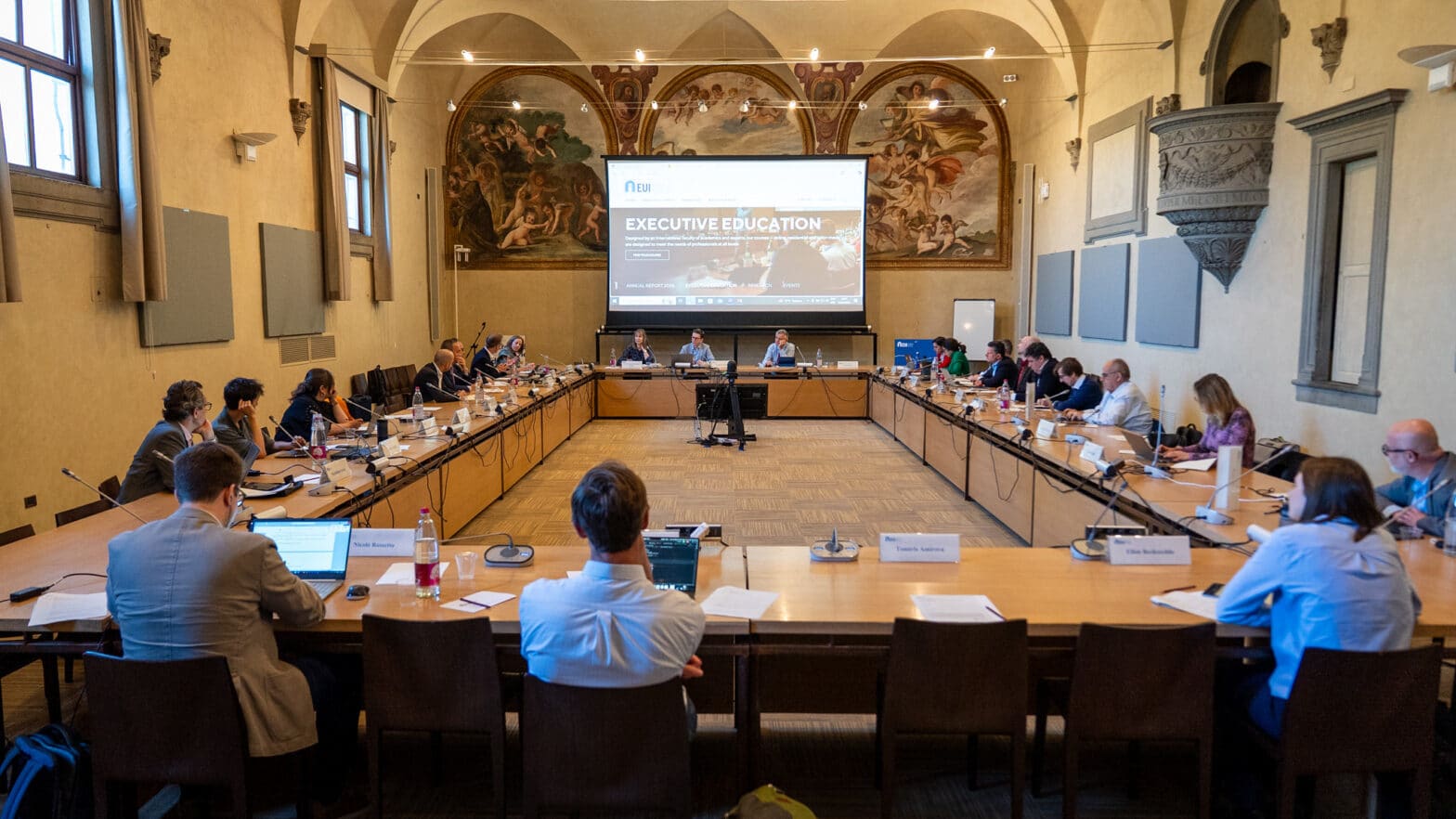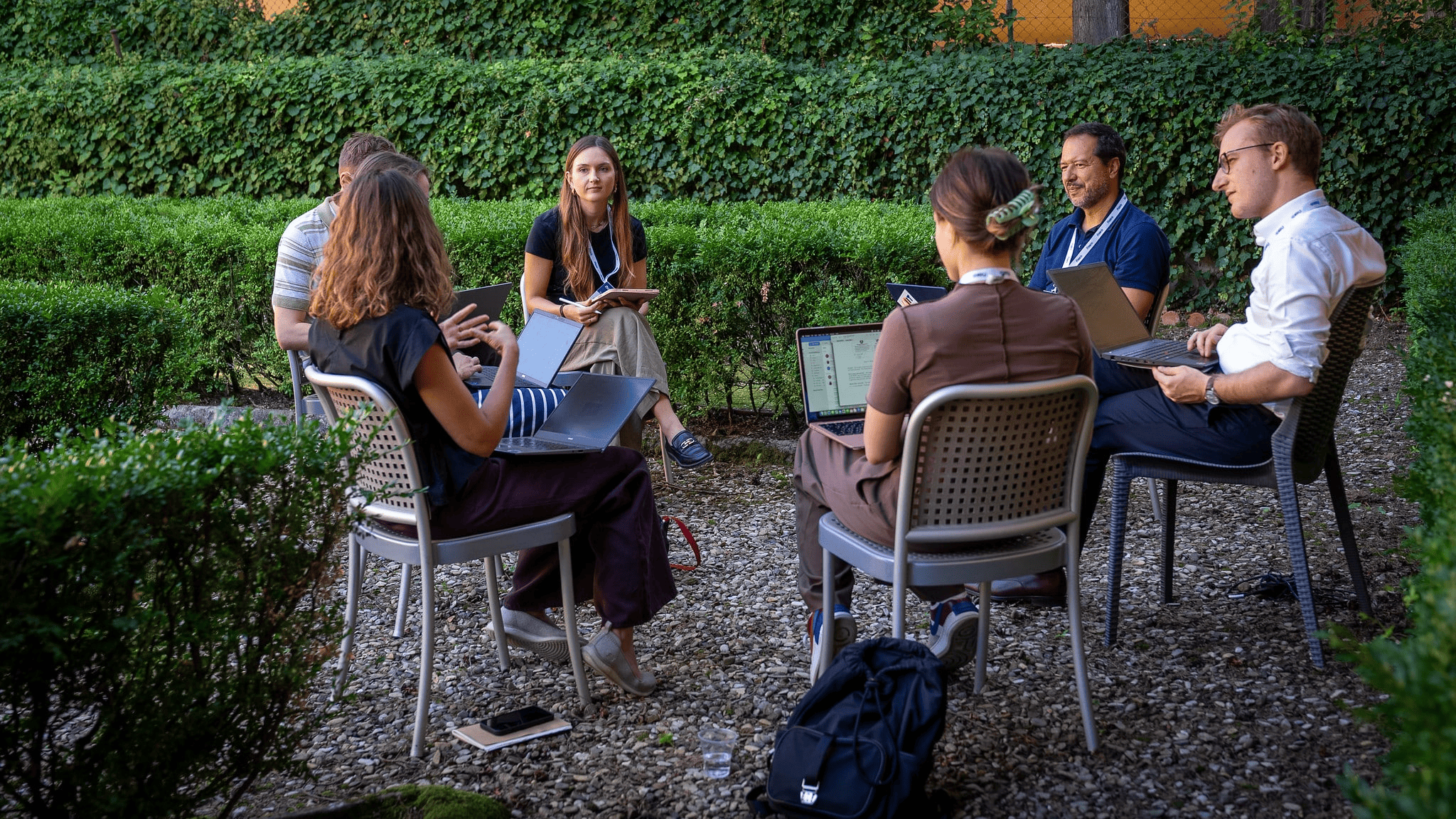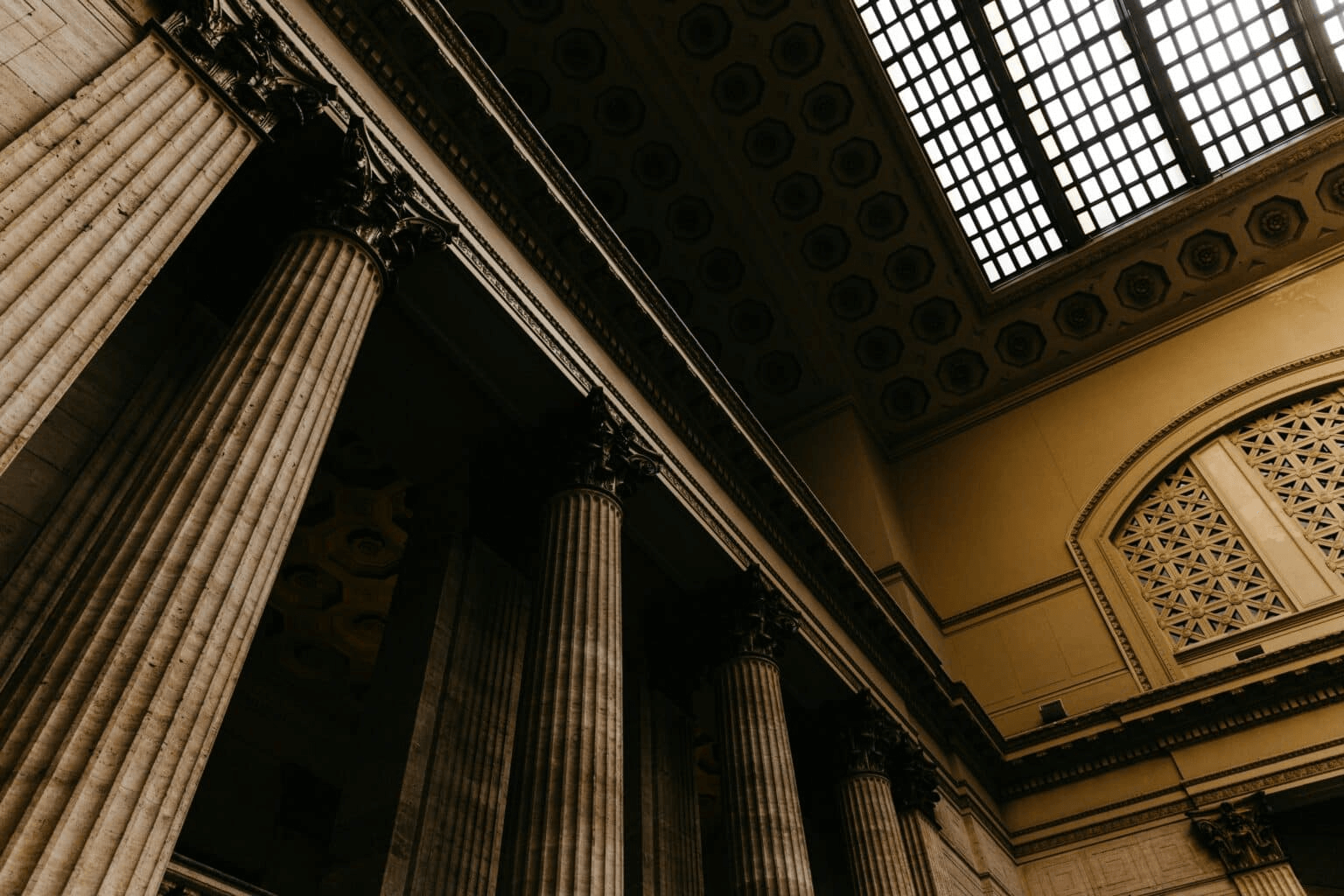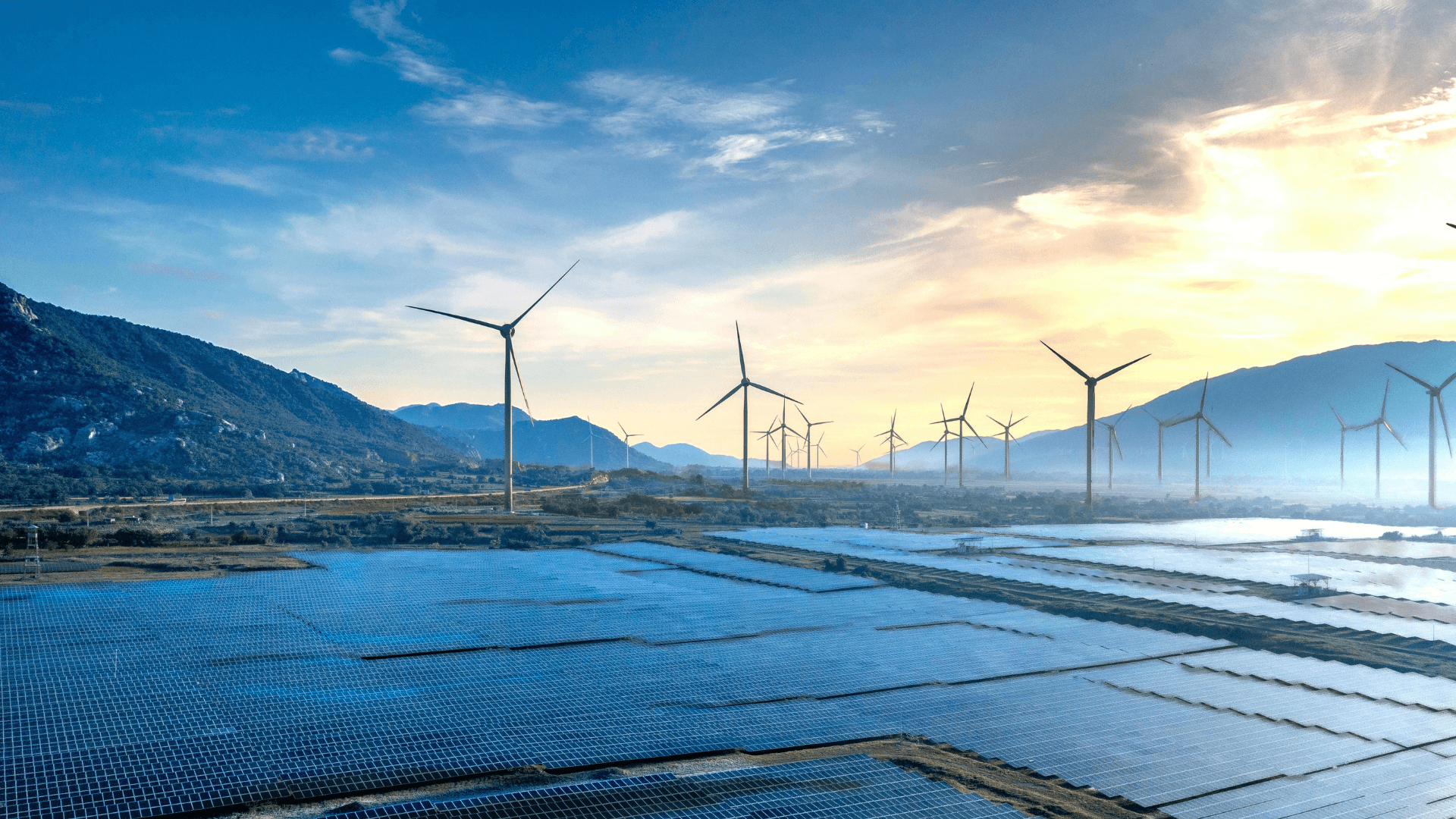Cybersecurity in the Energy Sector
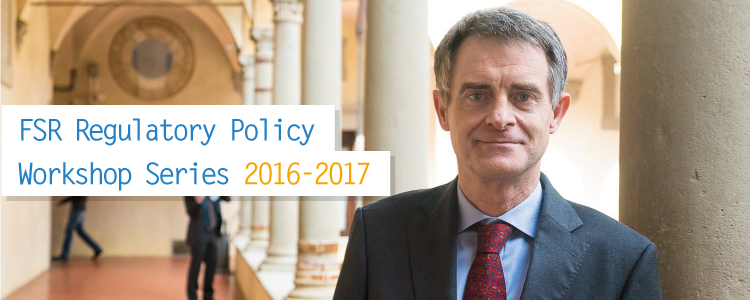
FSR Regulatory Policy Workshop Series 2016-2017
Since the 1980s, an increasing level of automation has been introduced to support a reliable and secure energy system, as well as to guarantee a certain level of efficiency. This tendency has recently increased and digital technologies have been used to support greater efficiency, to provide more choice to consumers, to empower them in the liberalised market, and to better support other developments – such as the penetration of renewable-based generation and e-mobility. At the same time, in the Digital Age, energy has become essential to enable a secure and safe transition of activities to the digital world and, in the EU, to implement the Digital Agenda and promote a well-functioning Digital Single Market. The energy infrastructures are therefore not only essential to support energy transmission and supply, but also to support digital technologies.
As energy, information and communication technologies are essential to each other; a more careful protection of critical energy infrastructures has become a key objective. The energy system includes different segments – generation/production, transportation and delivery – as well as a set of processes and the interconnected communication devices that monitor and control such procedures. All components exchange information which is needed to run daily operations. They also include control systems that operate and monitor the energy infrastructure – such as the Supervisory Control and Data Acquisition (SCADA) system. Some energy systems designed in the past have to be protected from the security threats and risks posed by the integration of advances in computers and communication, as off-the-shelf software and operating systems, public telecommunication networks, and the Internet.
Cybersecurity was approached at the European level in 2016, as a reaction of the first significant cyber-attack on civil infrastructure occurred in Ukraine in December 2015. In July 2016 the Directive on security of network and information systems (the NIS Directive) was adopted, providing legal measures to increase the overall level of cybersecurity in the EU and enhancing the reliability of the energy systems. On 30 November 2016, the European Commission unveiled a package of measures – “Clean Energy for all Europeans” – to keep the European Union competitive as the clean energy transition is changing global energy markets. The proposed legislation envisages also the development of a Cybersecurity Network Code.
The Workshop aims at reviewing the current state of thinking on cybersecurity in the context of the energy sector and its critical and non-critical infrastructure. It will Identify the main emerging and critical risks and how they may be addressed, taking into consideration market constraints as well as the recent NIS Directive and the European Commission’s legislative proposals “Clean Energy for all Europeans”.
Download the programme
THIS WORKSHOP IS EXCLUSIVELY OPEN TO NATIONAL REGULATORS, REPRESENTATIVES FROM PUBLIC BODIES AND FSR DONORS.
Special registration requests must be submitted to the coordinator of the workshop, Ilaria Bellacci.
Don’t miss any update on our events
Sign up for free and access the latest events from our community.



